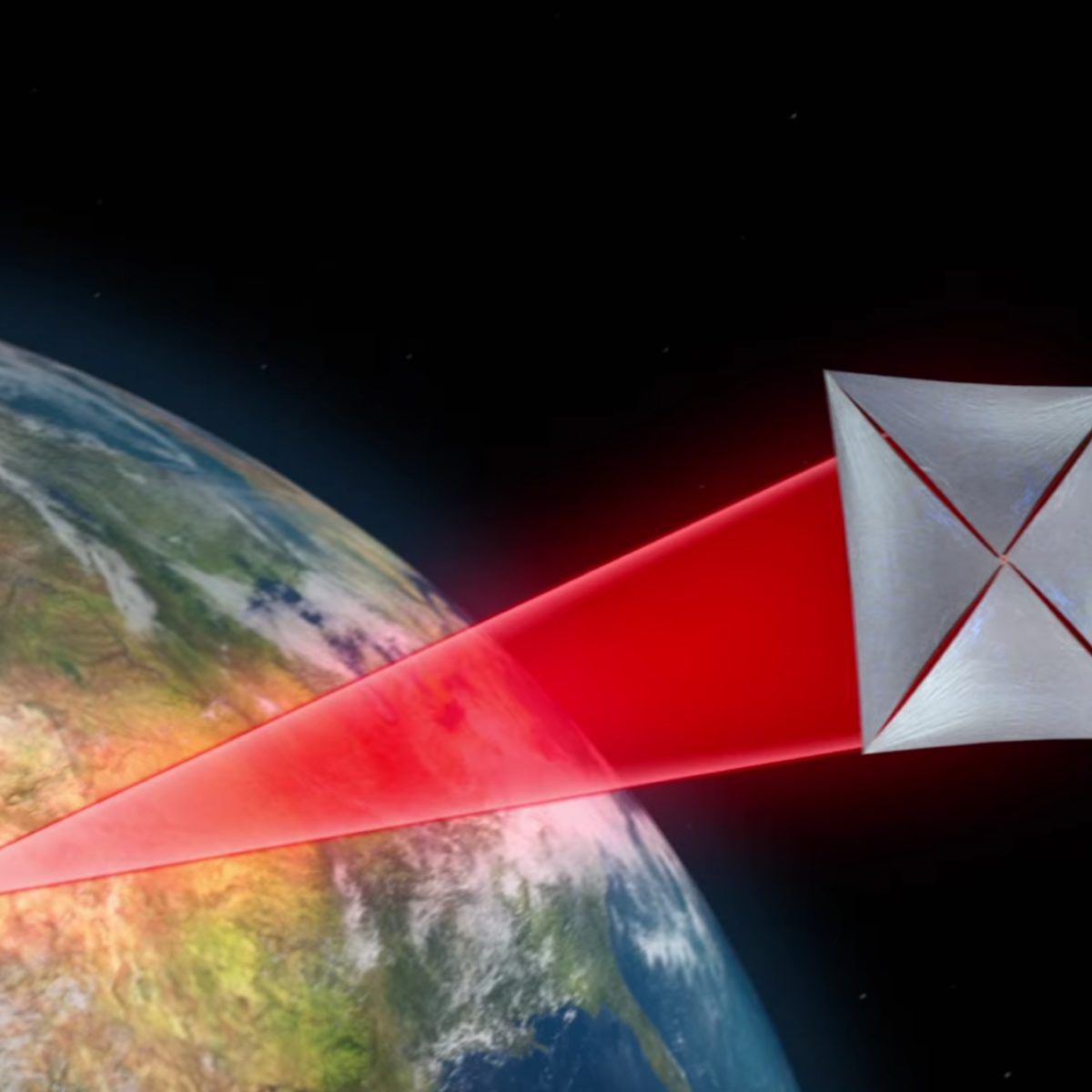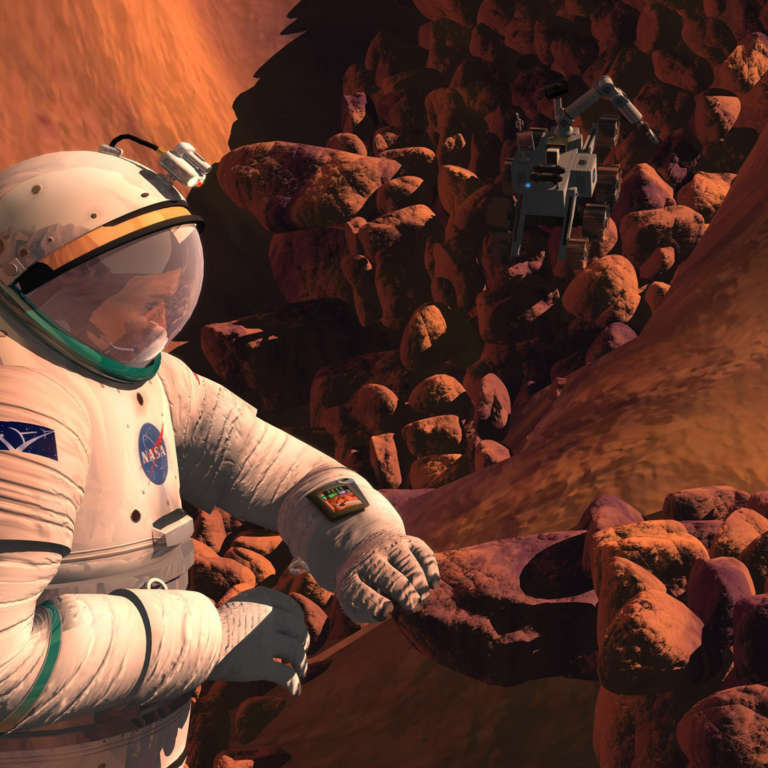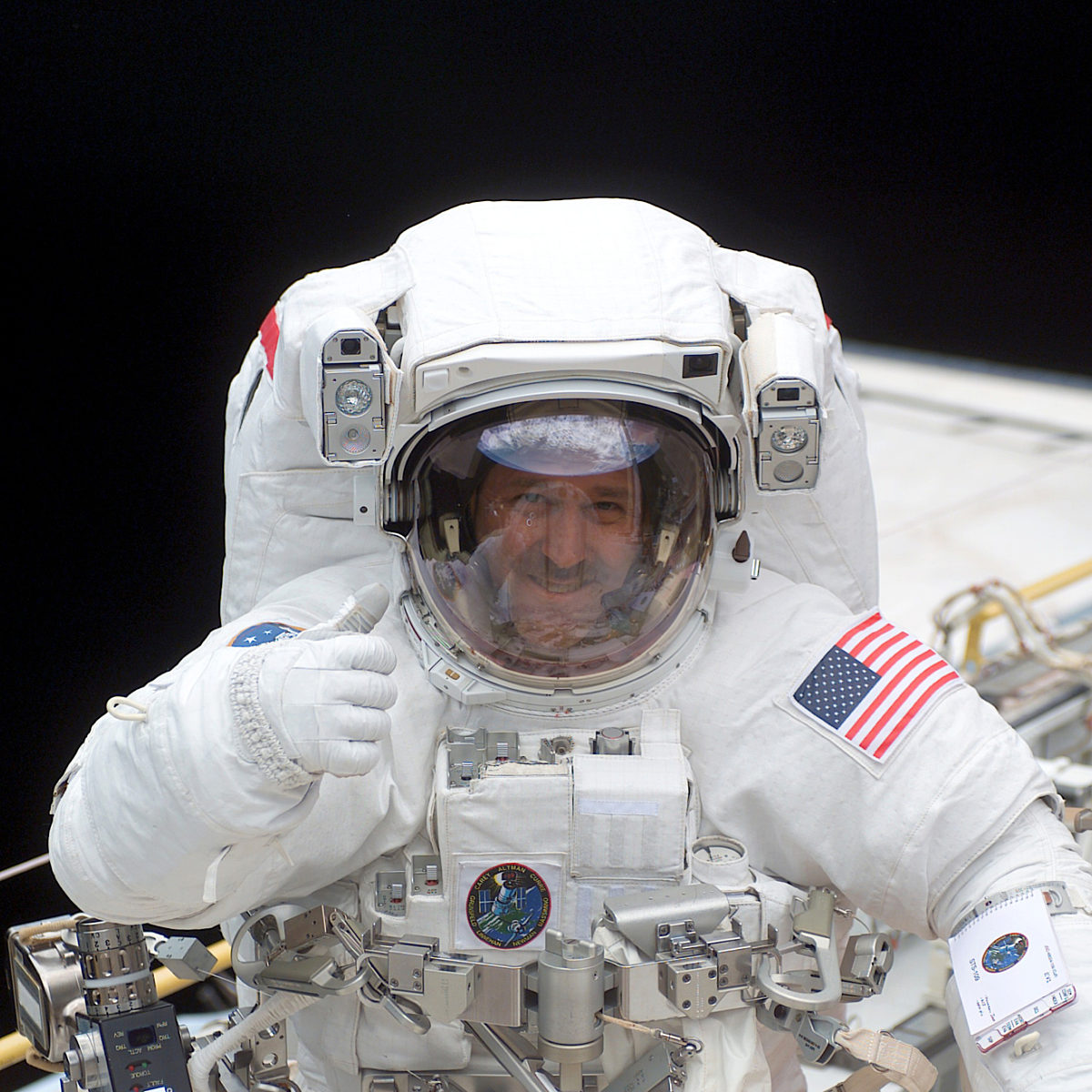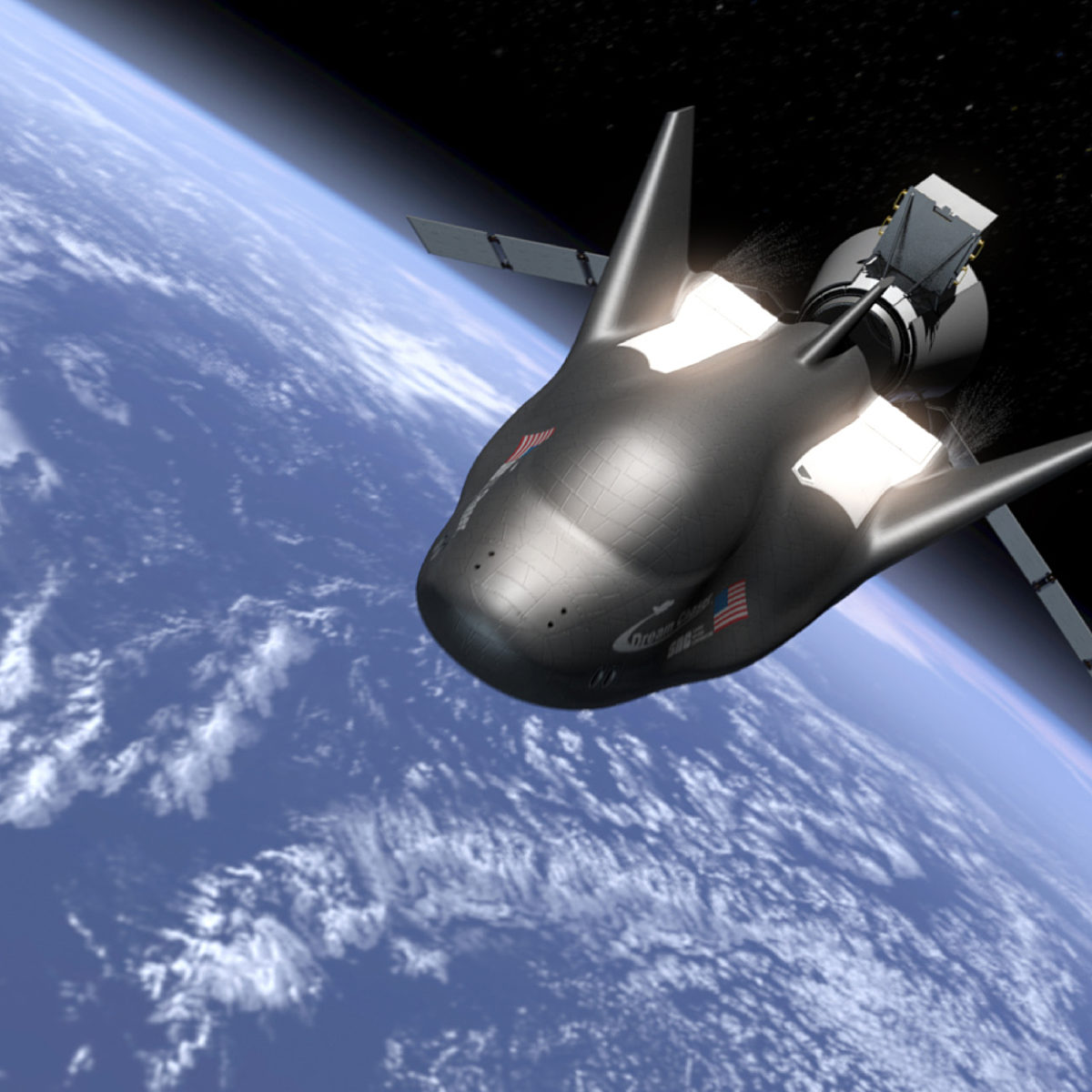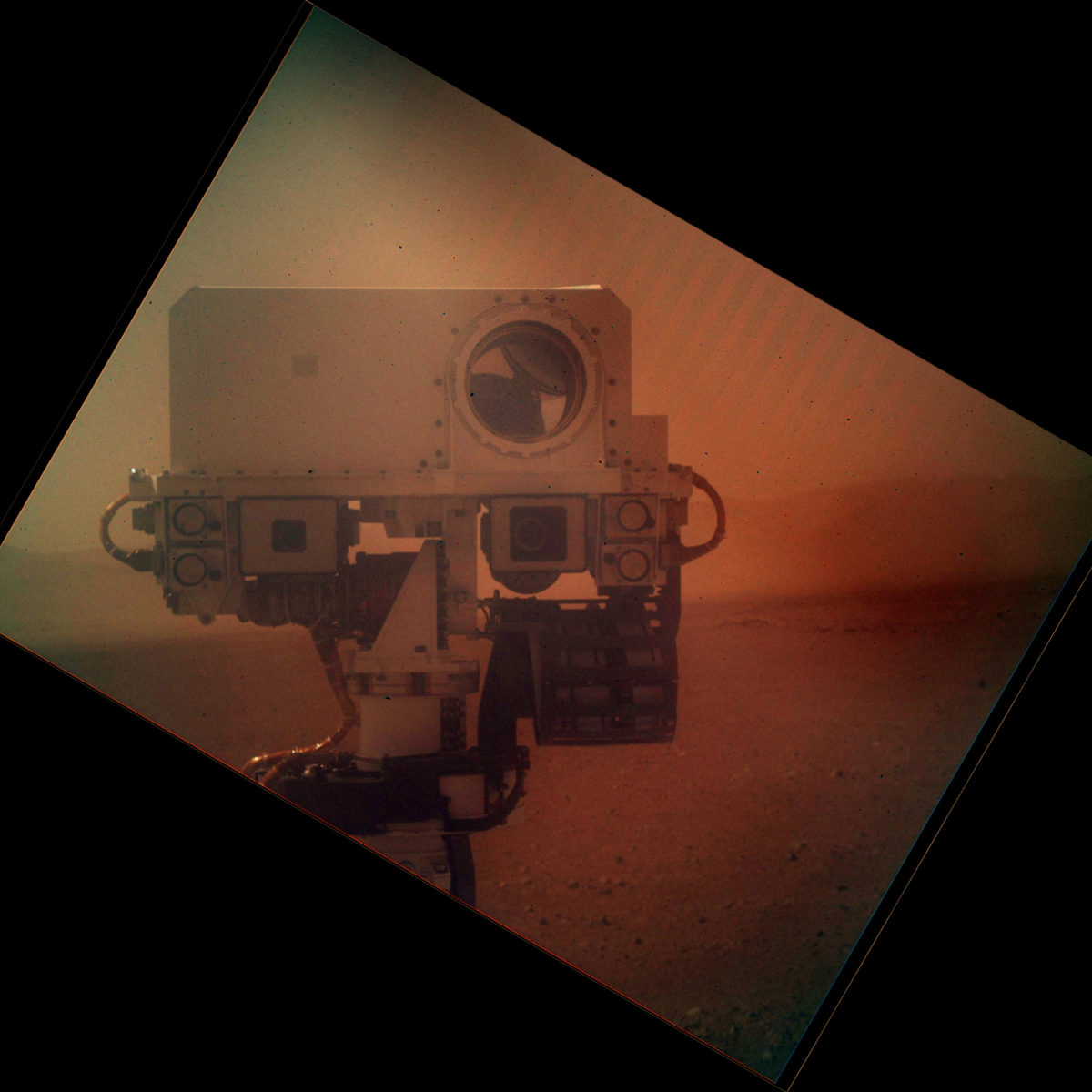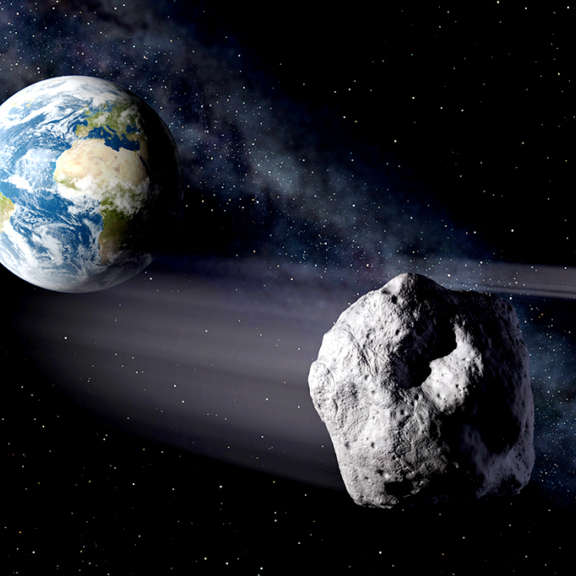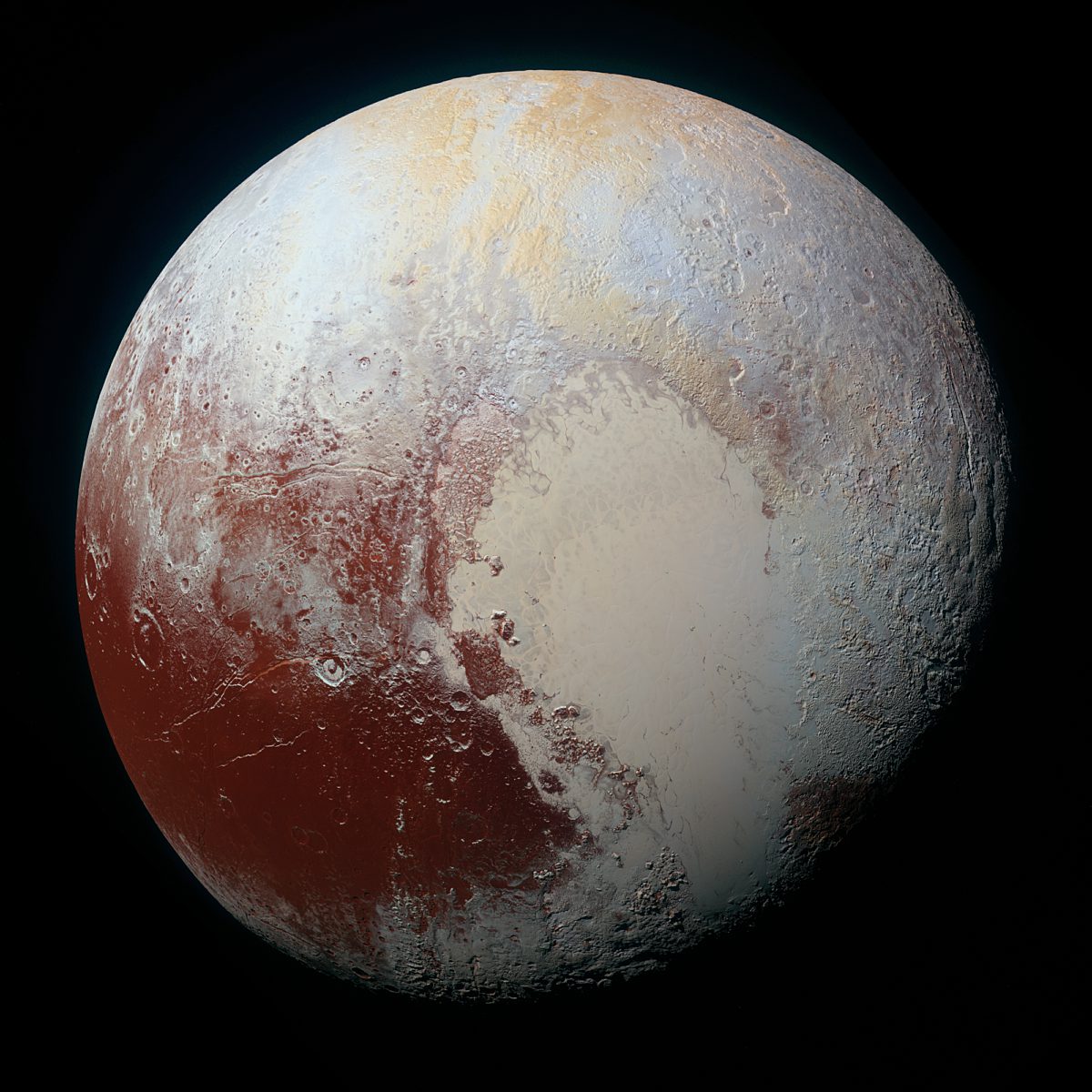Since 2002, Planetary Radio has visited with a scientist, engineer, project manager, advocate, or writer who provides a unique perspective on the quest for knowledge about our Solar System and beyond. The full show archive is available for free.
Search Planetary Radio
The European Space Agency’s magnificent Rosetta mission ended last week as the spacecraft gently touched down on the comet it has revealed.
Steep canyons on Saturn's moon Titan are filled with liquid methane. That's the discovery just announced by an international team of Cassini scientists, including Alex Hayes.
In our third episode, we debate the risks and rewards of tying the future of a Europa mission to the fate of NASA's massive Space Launch System rocket. Also, NASA just announced that the next Mars rover will cost $2.4 billion—$900 million more than initially thought. But the mission is not considered over budget. Why not? Lastly, the U.S. just generated 50 grams of Plutonium-238, the largest amount in nearly thirty years. We celebrate the successful effort to create this critically important, though highly toxic, power source for deep space spacecraft.
Philip Lubin and his former student Travis Brashears have had quite a year. Their bold plan to send tiny probes to nearby stars is now supported by NASA and the Breakthrough Starshot $100 million dollar initiative. Hear their amazing story.
We celebrate the 47th anniversary of the first moon landing with the reprise of a conversation with author and NBC space reporter Jay Barbree about his trusted friend Neil Armstrong.
This month Jason Callahan, Casey Dreier and Mat Kaplan ask whether the Moon vs. Mars human destination debate makes sense, highlight a new report on the science potential of CubeSats by the National Academies, and explain how a thrilling planetary science mission like Juno gets a thumbs up from NASA.
Space art and science fiction joined science fact at the 2016 Contact Conference in Sunnyvale, California. We talk with three well-known visionaries.
In the premiere of this new monthly series we briefly examine the latest move by the House of Representatives in the game of NASA's budget and then discuss what Lockheed Martin's new
Three NASA leaders talk with host Mat Kaplan about the progress we're making toward leaving footprints on the Red Planet.
The Planetary Society’s solar sail spacecraft was in the middle of a critical test as we spoke with the Society’s Bruce Betts and Jason Davis.
John Grunsfeld closes our coverage of the Space Foundation’s 32nd annual Space Symposium in Colorado Springs. We also meet the leaders of the New Generation Space Leaders Program.
We’re back at Space Symposium for a conversation with SNC’s Mark Sirangelo, leader of that company’s effort to build the Dream Chaser. We’ll also hear a few moments of Bill Nye’s session at the annual gathering as he hosted Bernard Foing and Amy Mainzer.
Beautiful Death Valley National Park was the setting for a fascinating conversation with famed SETI researcher Jill Tarter and celebrated astronomer, artist and photographer Tyler Nordgren.
Our special coverage from the Los Angeles Yuri’s Night party continues with Chris Lewicki of Planetary Resources along with Bob Pappalardo and Boback “Mohawk Guy” Ferdowsi who are preparing an orbiter for Jupiter’s ocean world Europa.
Michel Mayor and his team rocked the astronomy world with their 1995 announcement, but this modest man says it was a discovery whose time had come.
The new Mars Science Laboratory Project Scientist is not new to the mission. Ashwin Vasavada has worked on the Curiosity rover since 2004.
NASA has given the go-ahead for creation of the Wide-Field Infrared Survey Telescope. It might help reveal the nature of dark energy and point the way to life among the stars.
Lindley Johnson has just been named NASA's first Planetary Defense Officer. He's joined on this week's PlanRad by astronomer Kelly Fast, the new manager of the Near Earth Object Observation Program.
Francis McCubbin is the new Astromaterials Curator at NASA's Johnson Space Center, where the priceless collection includes the Apollo moonrocks. Join host Mat Kaplan's visit.
Bruce Betts, Jason Davis, Casey Dreier and Emily Lakdawalla gather with Mat Kaplan for a fascinating and informative Planetary Radio Extra year-in-review roundtable discussion.


 Explore Worlds
Explore Worlds Find Life
Find Life Defend Earth
Defend Earth





